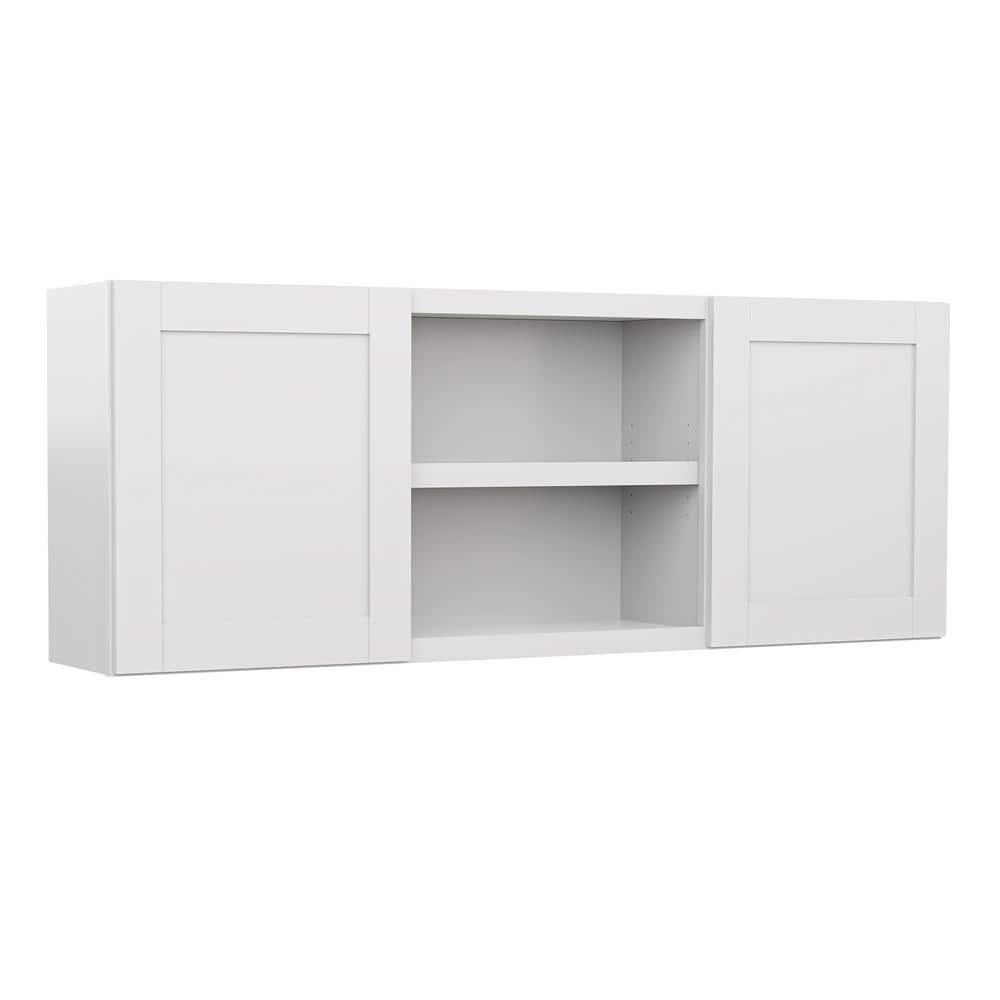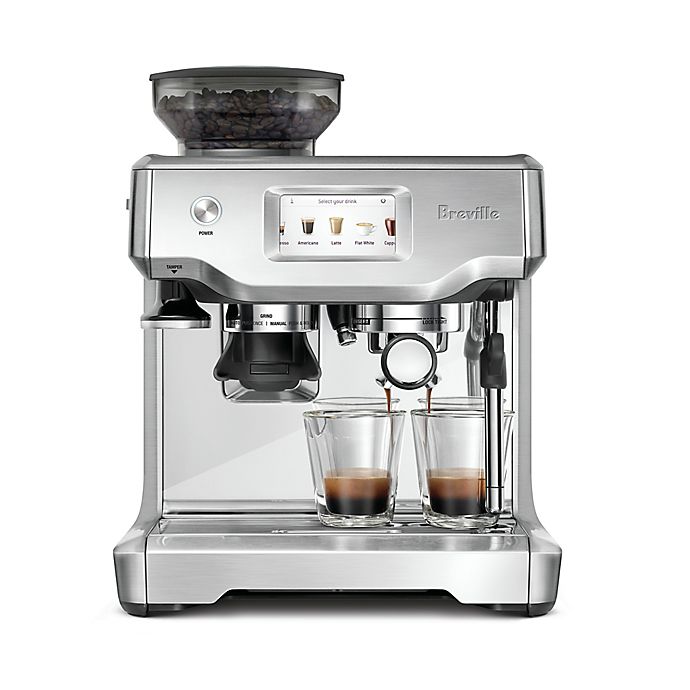MILL’S PRIDE Verona White Plywood Shaker Stock Ready to Assemble Wall Kitchen Laundry Cabinet wth Soft Close 60 in. x 23 in. x 12 in.
Finish your project quicker, online orders ship next business day. Cabinets will ship unassembled in flat packed boxes. Stay within your budget without compromising on quality.
The MILL’S PRIDE Quick assembly Richmond Verona White Plywood shaker cabinets and accessories feature a durable thermo-foil finish, which will create a bright finish in any kitchen. MDF doors and drawer fronts feature a detailed recessed center panel and are wrapped with a durable thermo-foil finish. Cabinets feature CARB II compliant plywood construction with full-depth 3/4 in. thick adjustable shelves for added storage. Start your project sooner as cabinets are quick shipped direct to the home or jobsite.
- Cabinets and accessories are shipped next business day direct to the home or jobsite
- Quick assembly kitchen cabinets are a perfect and affordable way to upgrade cabinets or complete a full kitchen remodel
- CARB II compliant plywood cabinet construction for increased strength and durability
- 3/4 in. thick MDF shaker frame doors with square recessed center panel
- Dovetail drawer boxes with full extension soft close drawer glides
- 3/4 in. thick wood shelves with clear high-strength locking shelf supports for added strength
- Soft close doors
- Cabinet features solid 1/2 in. thick plywood back panel for added rigidity and secure attachment to the wall
- 15 Year Limited Warranty
- Concealed high quality steel door hinges are 6-way adjustable to enable perfect door alignment
- Vinyl clad doors and drawer fronts will create a light breezy feeling in any kitchen
- Shaker-inspired doors featuring wide frames and with square recessed panel
- Single door wall cabinets are hinged on the left, but they can simply be flipped if you require the hinge to be on the right
- Decorative molding including crown molding are available to give each kitchen a decorator’s touch
Additional information
| Dimensions | H 23 in, W 60 in, D 12 in |
|---|---|
| Interior Cabinet Depth (in.) | 12 |
| Shelf Thickness (in.) | 0.75 |
| Manufacturer Warranty | 15 Year Limited Warranty |






by Biggy
I considered giving the Mills Pride cabinet 4 stars but being as I’m very pleased with the finished project went with 5. The quality of the materials is very good and the cabinet looks great when completed. Too bad the company could not afford the extra few cents to print a full set of directions. The sheet included told me for real instructions I could go their web site. Only problem was I was in assembly mode with the parts stacked against the wall in the garage and I didn’t feel like starting the computer, upstairs in my spare room to have a few questions answered. The main stumbling block was the mounting of the metal corner hardware. A little fiddling with the parts was all it took, but still unhappy that the second page (that’s all it would have taken) was not included.
by James
Easy assembly, work great in laundry room!
by Susana
Cabinet is solid and looks nice but it has some areas missing color. In those areas you can see the wood making the cabinet lees appealing.
by Randy
Hard to put together.